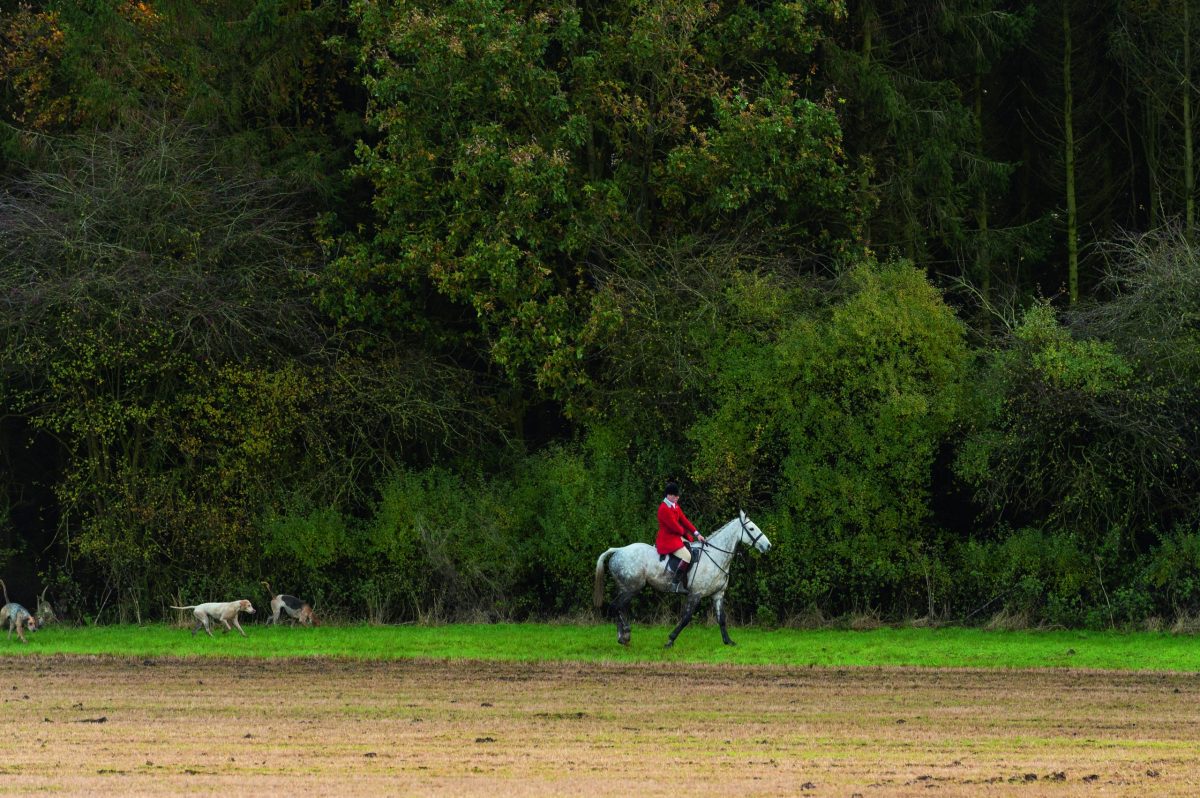‘Catastrophic decline’ in foxes following ban
More than 100 vets are calling for a scientific review to address the current situation, as fox populations continue to fall across the UK

The UK fox population has fallen since the Hunting Act came into force, warns a group of veterinarians
Fox populations have seen a drastic decline since the enactment of the Hunting Act 2004, veterinarians have warned. More than 100 vets have written an open letter to the Government, urging them to initiate a scientific review to address the issue of population control. The letter highlights the lack of research supporting arguments on the most humane methods of controlling fox numbers, despite years of intense debate. (Read could my dog catch mange from foxes?)
According to the vets, the fox population has declined at an alarming rate since the hunting ban was implemented. In certain rural areas, foxes are on the verge of extinction, largely due to people simply shooting them rather than hunts conserving a few. The vets argue that shooting has led to the killing of some of the fittest animals and vixens with cubs, going against good conservation practices, as opposed to hunting where the fittest tend to survive.
The vets express their concern that the decline in fox populations was an unforeseen consequence of the ban, and they stress the need for action. The letter, signed by 103 vets across the UK and led by Louisa Cheape, a member of the Veterinary Association for Wildlife Management, emphasises the importance of a scientific review to address the current situation.
The vets point out that major landowners, including the RSPB, acknowledge the necessity of fox control. However, they argue that there is a lack of evidence regarding the most effective and humane methods for achieving this. The Burns Inquiry, conducted before the ban, concluded that there was limited scientific evidence on the matter, while a similar report commissioned by the Scottish government deemed the evidence inconclusive.
Foxing expert Mark Ripley agreed that fox numbers were down in his area, but also pointed out that he felt the increase in traffic on the roads may have something to do with that decline, and added: “Those of us who shot foxes before thermal or night vision was readily available will also probably agree that we would shoot much the same number of foxes using the lamp as we do these days. However, there are probably more fox shooters around now than there were 50 years ago.”








